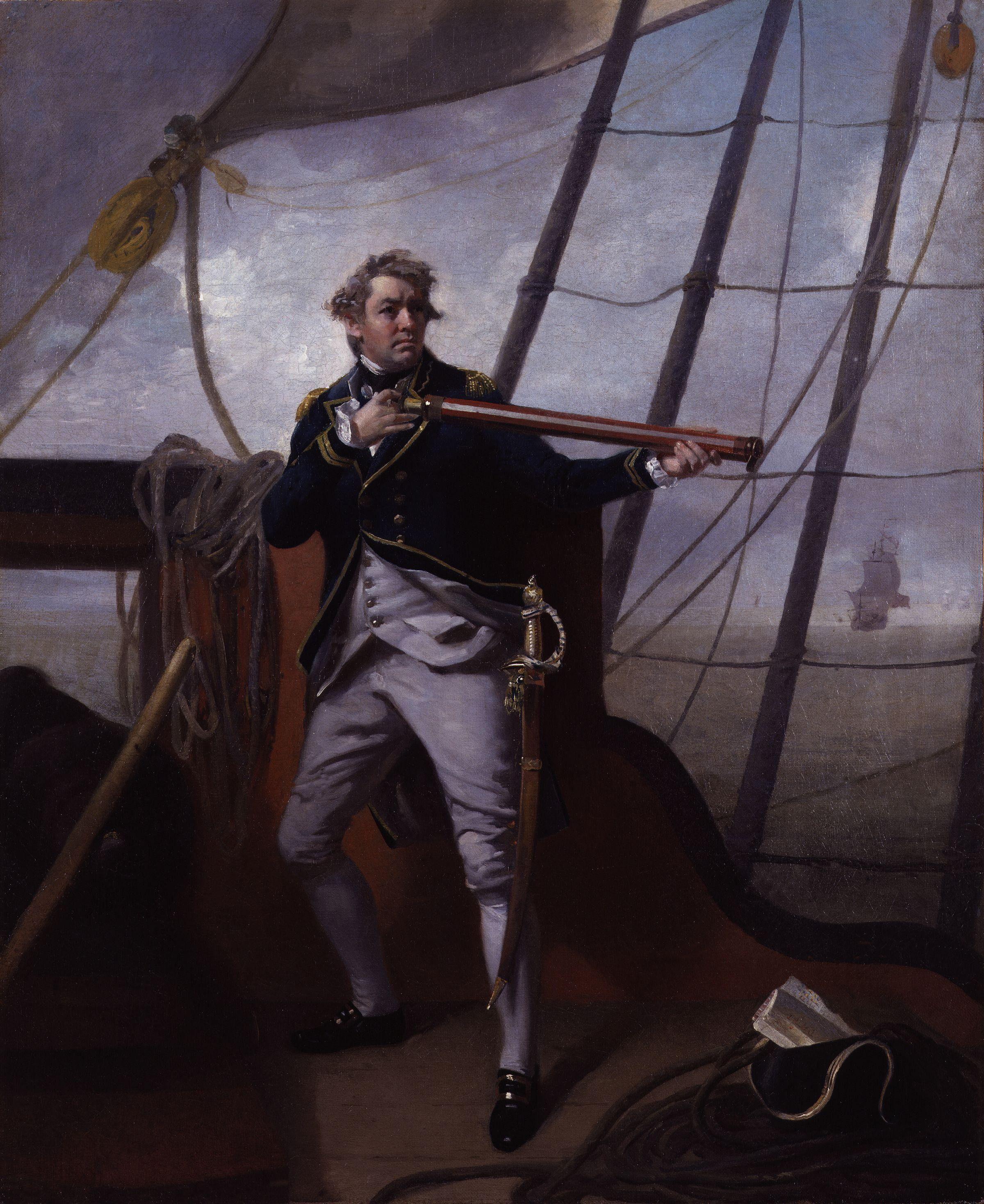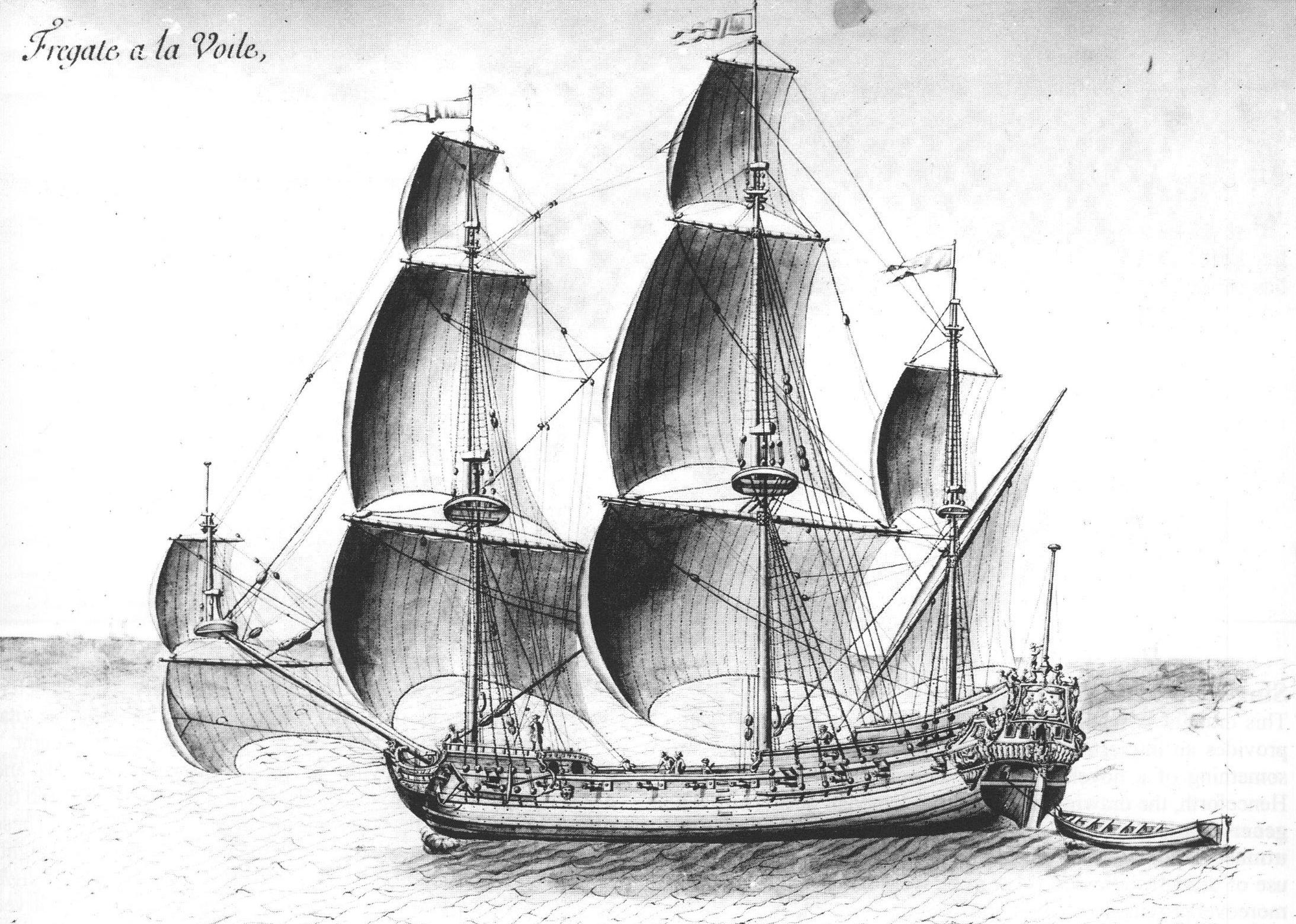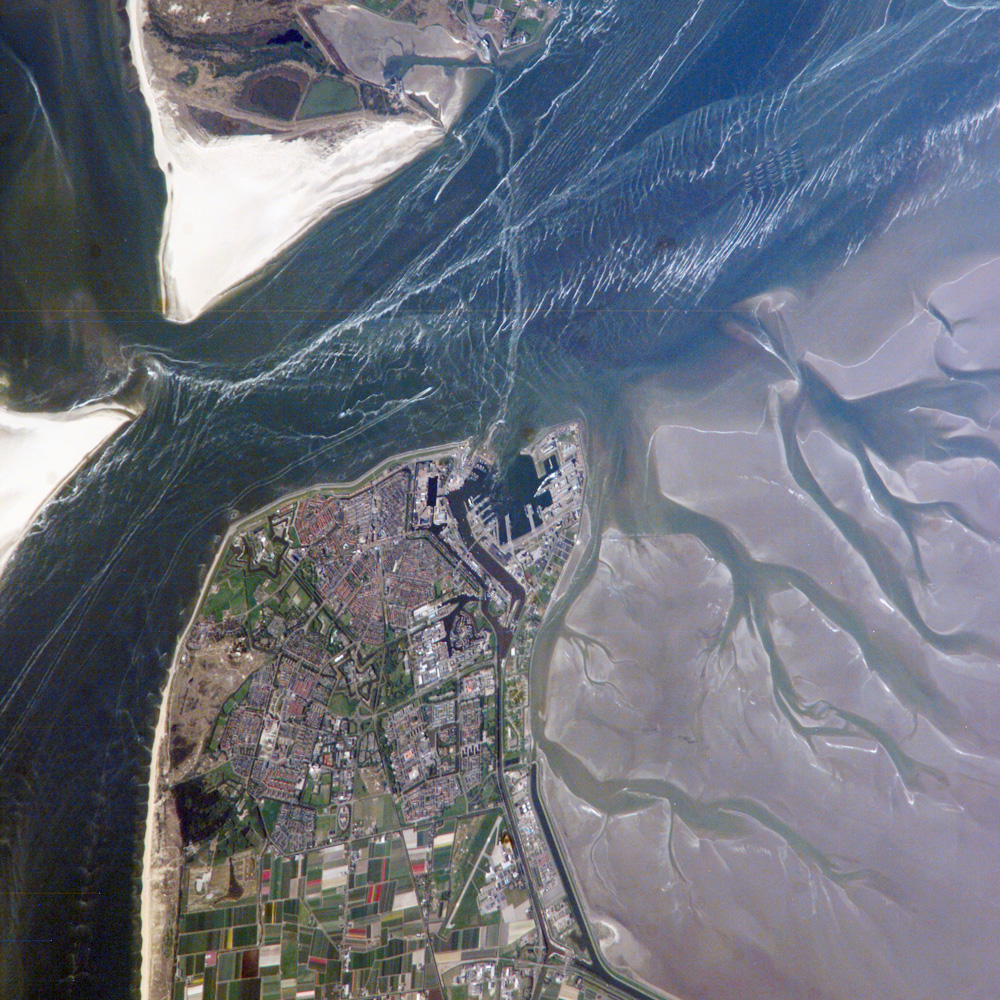|
Battle Of Camperdown
The Battle of Camperdown (known in Dutch as the ''Zeeslag bij Kamperduin'') was a major naval action fought on 11 October 1797, between the British North Sea Fleet under Admiral Adam Duncan and a Batavian Navy (Dutch) fleet under Vice-Admiral Jan de Winter. The battle was the most significant action between British and Dutch forces during the French Revolutionary Wars and resulted in a complete victory for the British, who captured eleven Dutch ships without losing any of their own. In 1795, the Dutch Republic had been overrun by the army of the French Republic and had been reorganised into the Batavian Republic, a French client state. In early 1797, after the French Atlantic Fleet had suffered heavy losses in a disastrous winter campaign, the Dutch fleet was ordered to reinforce the French at Brest. The rendezvous never occurred; the continental allies failed to capitalise on the Spithead and Nore mutinies that paralysed the British Channel forces and North Sea fleets during th ... [...More Info...] [...Related Items...] OR: [Wikipedia] [Google] [Baidu] |
Naval Campaigns, Operations And Battles Of The French Revolutionary Wars
List of naval battles of the French Revolutionary Wars {, class="wikitable" , - ! Today's location of the battle, its name and date ! French leader ! Coalition leader , -style="vertical-align: top;" , Italy: French expedition to Sardinia1792-12-211793-05-25 , Defeat: French Republic: Truguet , Victory: KD Sardinia: Domenico Millelire KD Spain: Lángara , -style="vertical-align: top;" , France:Siege of Toulon1793-08-291793-12-19 , Victory: French Republic: Carteaux DugommierNapoleon PoypeCharlot , Defeat: French Royalists: d'Imbert French Federalists KD Great Britain:Hood O'HaraSmith Mulgrave KD Spain: Lángara Gravina KD Naples KD Sicily KD Sardinia , -style="vertical-align: top;" , Guernsey:Action of 23 April 17941794-04-23 , Defeat: French Republic: Desgareaux , Victory: KD Great Britain:Warren Strachan , -style="vertical-align: top;" , France:Atlantic campaign of May 17941794-05-021794-06-01 , Inconclusive: French Republic:Joyeuse Nielly , Inconclusive: KD Gre ... [...More Info...] [...Related Items...] OR: [Wikipedia] [Google] [Baidu] |
Batavian Republic
The Batavian Republic ( nl, Bataafse Republiek; french: République Batave) was the successor state to the Republic of the Seven United Netherlands. It was proclaimed on 19 January 1795 and ended on 5 June 1806, with the accession of Louis Bonaparte to the Dutch throne. From October 1801 onward, it was known as the Batavian Commonwealth ( nl, Bataafs Gemenebest). Both names refer to the Germanic tribe of the ''Batavi'', representing both the Dutch ancestry and their ancient quest for liberty in their nationalistic lore. In early 1795, intervention by the French Republic led to the downfall of the old Dutch Republic. The new Republic enjoyed widespread support from the Dutch populace and was the product of a genuine popular revolution. However, it was founded with the armed support of the French revolutionary forces. The Batavian Republic became a client state, the first of the " sister-republics", and later part of the French Empire of Napoleon. Its politics were deeply in ... [...More Info...] [...Related Items...] OR: [Wikipedia] [Google] [Baidu] |
Client State
A client state, in international relations, is a state that is economically, politically, and/or militarily subordinate to another more powerful state (called the "controlling state"). A client state may variously be described as satellite state, associated state, dominion, condominium, self-governing colony, neo-colony, protectorate, vassal state, puppet state, and tributary state. Controlling states in history Persia, Greece, and Rome Ancient states such as Persia and Parthia, Greek city-states, and Ancient Rome sometimes created client states by making the leaders of that state subservient, having to provide tribute and soldiers. Classical Athens, for example, forced weaker states into the Delian League and in some cases imposed democratic government on them. Later, Philip II of Macedon similarly imposed the League of Corinth. One of the most prolific users of client states was Republican Rome which, instead of conquering and then absorbing into an empire, chose to make clie ... [...More Info...] [...Related Items...] OR: [Wikipedia] [Google] [Baidu] |
Orangism (Dutch Republic)
In the history of the Dutch Republic, Orangism or ''prinsgezindheid'' ("pro-prince stance") was a political force opposing the ''Staatsgezinde'' (pro-Republic) party. Orangists supported the Princes of Orange as Stadtholders (a position held by members of the House of Orange) and military commanders of the Republic, as a check on the power of the ''regenten''. The Orangist party drew its adherents largely from traditionalists – mostly farmers, soldiers, noblemen and orthodox Protestant preachers, though its support fluctuated heavily over the course of the Republic's history and there were never clear-cut socioeconomic divisions. History The coup of stadtholder Maurice against Oldenbarnevelt Orangism can be seen as a continuation of the political opposition between the remonstrants and counter-remonstrants during the Twelve Years' Truce (1609-1621). The Remonstrants were tolerant and republican, with a liberal view on biblical interpretation, no belief in predestination and ... [...More Info...] [...Related Items...] OR: [Wikipedia] [Google] [Baidu] |
Dutch Ship Vrijheid
''Vrijheid'' was a Dutch 74-gun third rate ship of the line of the navy of the Dutch Republic, the Batavian Republic, and the Royal Navy. The order to construct the ship was given by the Admiralty of Amsterdam. The ship was commissioned in 1782. In 1783, a squadron consisting of the ships ''Vrijheid'', '' Noordholland'', ''Hercules'', ''Drenthe'', ''Prins Willem'' and '' Harlingen'' was dispatched to the Mediterranean to deal with differences that had arisen with Venice. On 2 February 1784, the squadron docked at the coast near the island of Menorca. In the night between 3 and 4 February a storm blew up which lasted for 48 hours. ''Vrijheid'' was almost smashed on the rocks and only just managed to stay afloat, while ''Drenthe'' keeled over and sank. In 1795, the ship was commissioned in the Batavian Navy. On 11 October 1797 ''Vrijheid'' took part in the Battle of Camperdown as the flagship of Admiral Jan Willem de Winter. At a certain point, ''Vrijheid'' was engaged by four Bri ... [...More Info...] [...Related Items...] OR: [Wikipedia] [Google] [Baidu] |
Frigate
A frigate () is a type of warship. In different eras, the roles and capabilities of ships classified as frigates have varied somewhat. The name frigate in the 17th to early 18th centuries was given to any full-rigged ship built for speed and maneuverability, intended to be used in scouting, escort and patrol roles. The term was applied loosely to ships varying greatly in design. In the second quarter of the 18th century, the 'true frigate' was developed in France. This type of vessel was characterised by possessing only one armed deck, with an unarmed deck below it used for berthing the crew. Late in the 19th century (British and French prototypes were constructed in 1858), armoured frigates were developed as powerful ironclad warships, the term frigate was used because of their single gun deck. Later developments in ironclad ships rendered the frigate designation obsolete and the term fell out of favour. During the Second World War the name 'frigate' was reintroduced to des ... [...More Info...] [...Related Items...] OR: [Wikipedia] [Google] [Baidu] |
Line Of Battle
The line of battle is a tactic in naval warfare in which a fleet of ships forms a line end to end. The first example of its use as a tactic is disputed—it has been variously claimed for dates ranging from 1502 to 1652. Line-of-battle tactics were in widespread use by 1675. Compared with prior naval tactics, in which two opposing ships closed on one another for individual combat, the line of battle has the advantage that each ship in the line can fire its broadside without fear of hitting a friendly ship. This means that in a given period, the fleet can fire more shots. Another advantage is that a relative movement of the line in relation to some part of the enemy fleet allows for a systematic concentration of fire on that part. The other fleet can avoid this by manoeuvring in a line itself, with a result typical for sea battles since 1675: two fleets sail alongside one another (or on the opposite tack). Early development The first recorded mention of the use of a line of ... [...More Info...] [...Related Items...] OR: [Wikipedia] [Google] [Baidu] |
Great Yarmouth
Great Yarmouth (), often called Yarmouth, is a seaside town and unparished area in, and the main administrative centre of, the Borough of Great Yarmouth in Norfolk, England; it straddles the River Yare and is located east of Norwich. A population of 38,693 in the 2011 Census made it Norfolk's third most populous. Its fishing industry, mainly for herring, shrank after the mid-20th century and has all but ended. North Sea oil from the 1960s supplied an oil-rig industry that services offshore natural gas rigs; more recently, offshore wind power and other renewable energy industries have ensued. Yarmouth has been a resort since 1760 and a gateway from the Norfolk Broads to the North Sea. Holiday-making rose when a railway opened in 1844, bringing easier, cheaper access and some new settlement. Wellington Pier opened in 1854 and Britannia Pier in 1858. Through the 20th century, Yarmouth boomed as a resort, with a promenade, pubs, trams, fish-and-chip shops, theatres, the Pleasu ... [...More Info...] [...Related Items...] OR: [Wikipedia] [Google] [Baidu] |
Marsdiep
The Marsdiep is a deep tide-race between Den Helder and Texel in the Netherlands, and running southwards between sandbanks. That gap connects the North Sea and the Waddenzee. Around 1000 AD and before, much of the modern Waddenzee and IJsselmeer was land and the Marsdiep was an ordinary brook. An early form of its name is Maresdeop, a name probably related to modern Dutch ''moerasdiep'' ("swamp deep"). During the All Saints' Flood of 1170, the sea broke through the original dune barrier and created the channel. The ''Marsdiep'' was in the age of sail The Age of Sail is a period that lasted at the latest from the mid-16th (or mid- 15th) to the mid- 19th centuries, in which the dominance of sailing ships in global trade and warfare culminated, particularly marked by the introduction of naval ... in English called ''the'' Texel, in distinction from the island of Texel. Straits of the Netherlands Texel Den Helder {{NorthHolland-geo-stub ... [...More Info...] [...Related Items...] OR: [Wikipedia] [Google] [Baidu] |
Blockade
A blockade is the act of actively preventing a country or region from receiving or sending out food, supplies, weapons, or communications, and sometimes people, by military force. A blockade differs from an embargo or sanction, which are legal barriers to trade rather than physical barriers. It is also distinct from a siege in that a blockade is usually directed at an entire country or region, rather than a fortress or city and the objective may not always be to conquer the area. While most blockades historically took place at sea, blockades are also used on land to prevent entrance of an area. For example, Armenia is a landlocked country that Turkey and Azerbaijan blockade. Thus, Armenia cannot conduct international trade through those countries, and mainly trades through Georgia. This restricts the country's economic development. A blockading power can seek to cut off all maritime transport from and to the blockaded country; although stopping all land transport to an ... [...More Info...] [...Related Items...] OR: [Wikipedia] [Google] [Baidu] |








